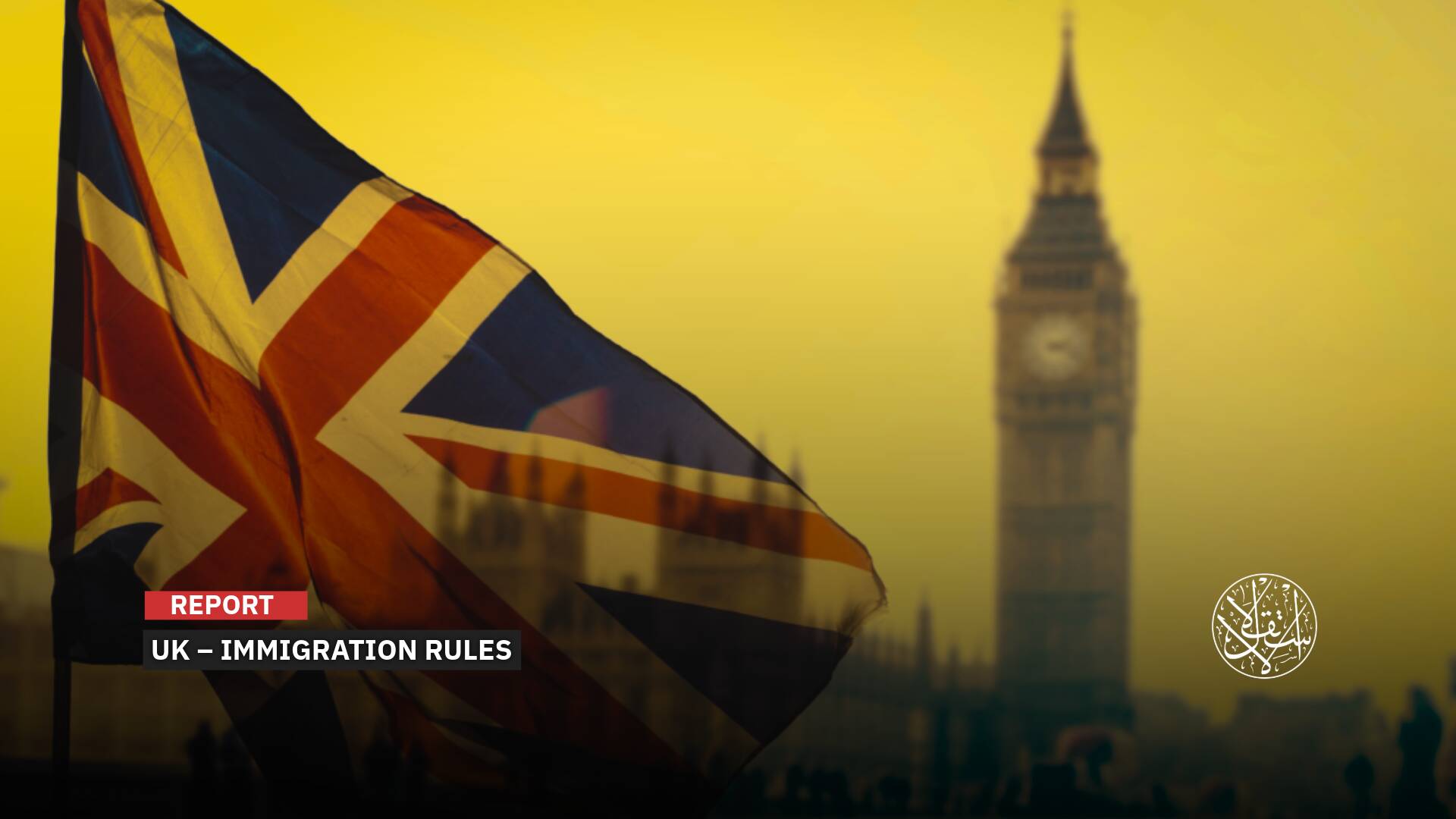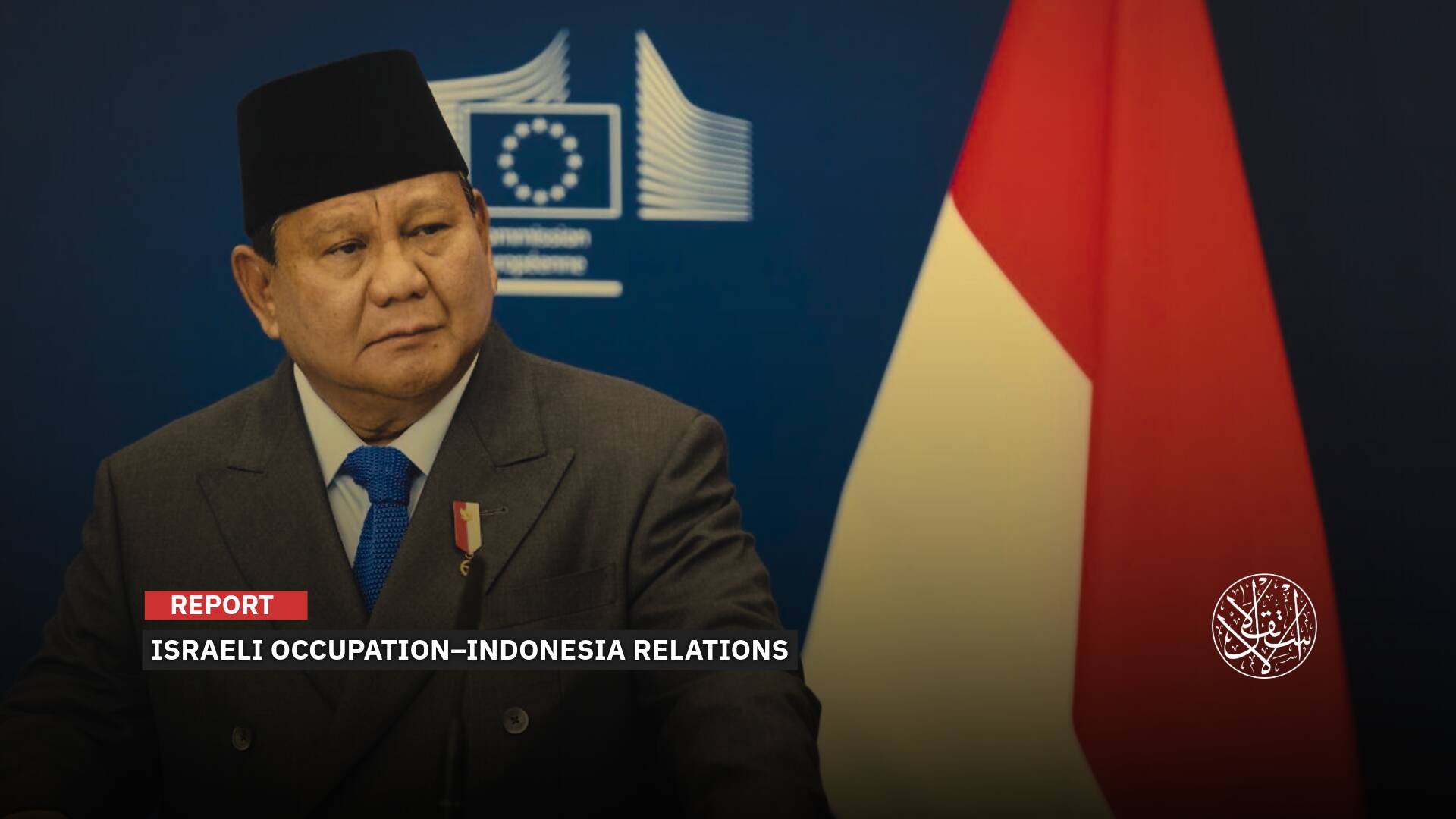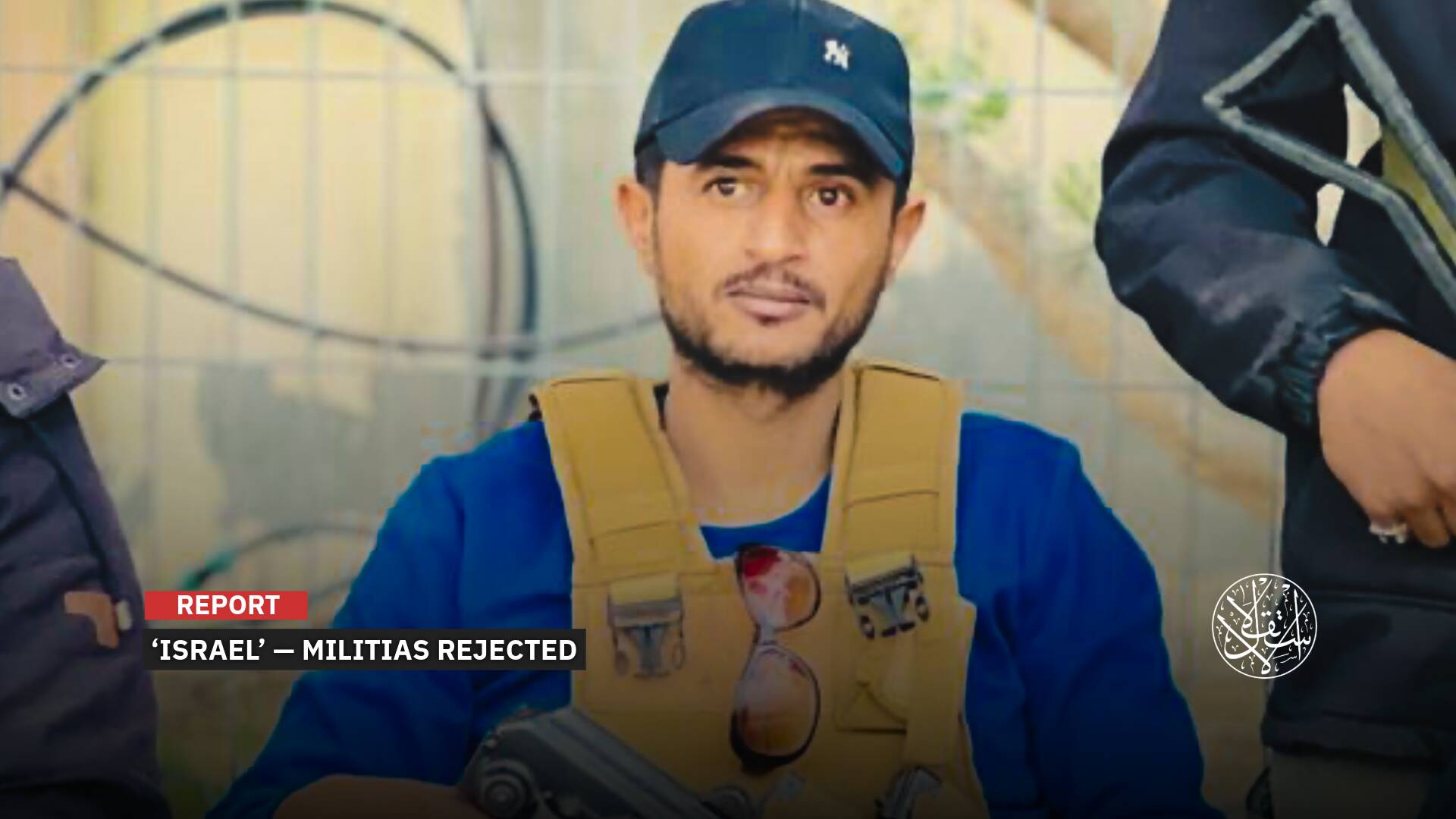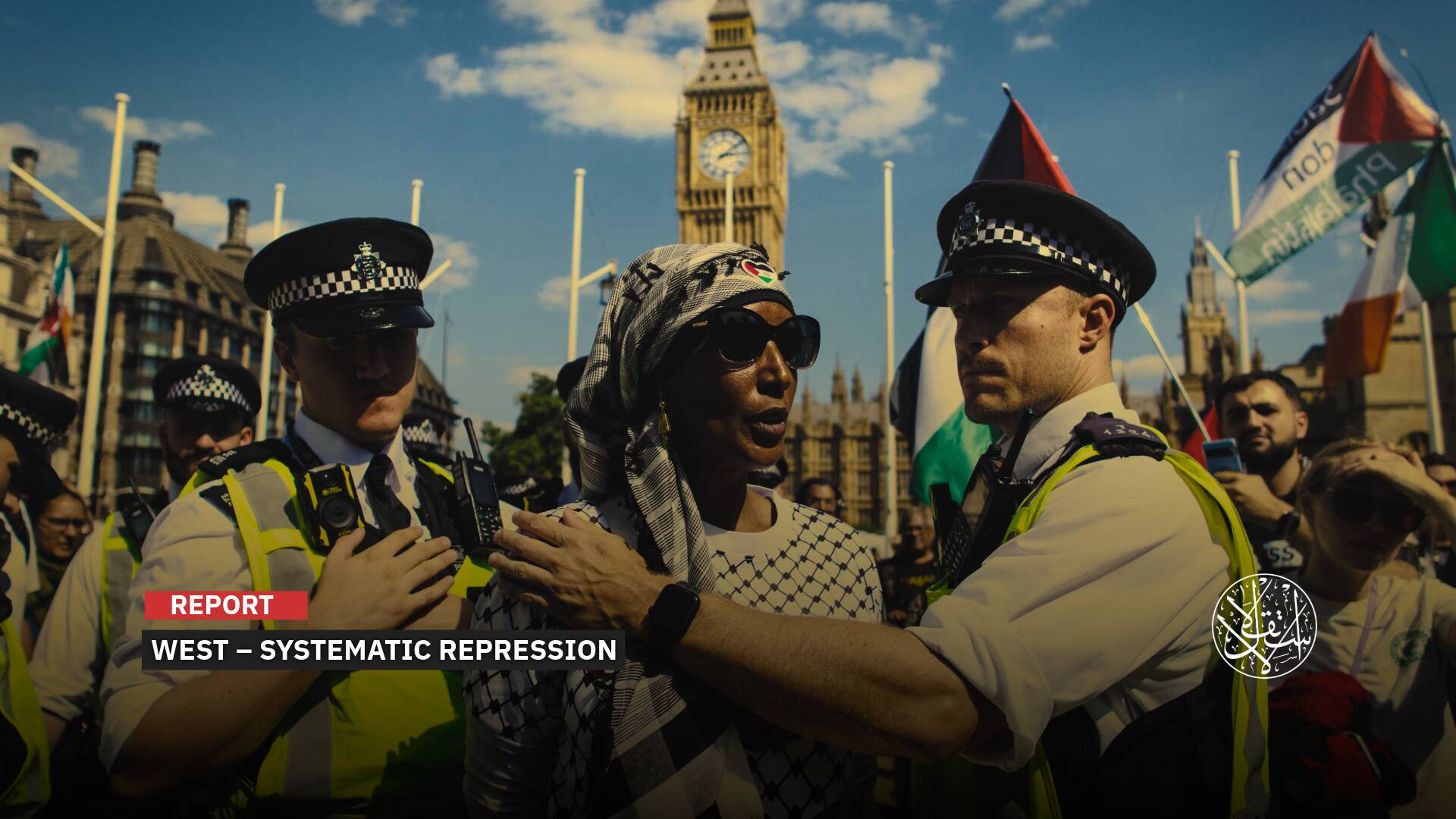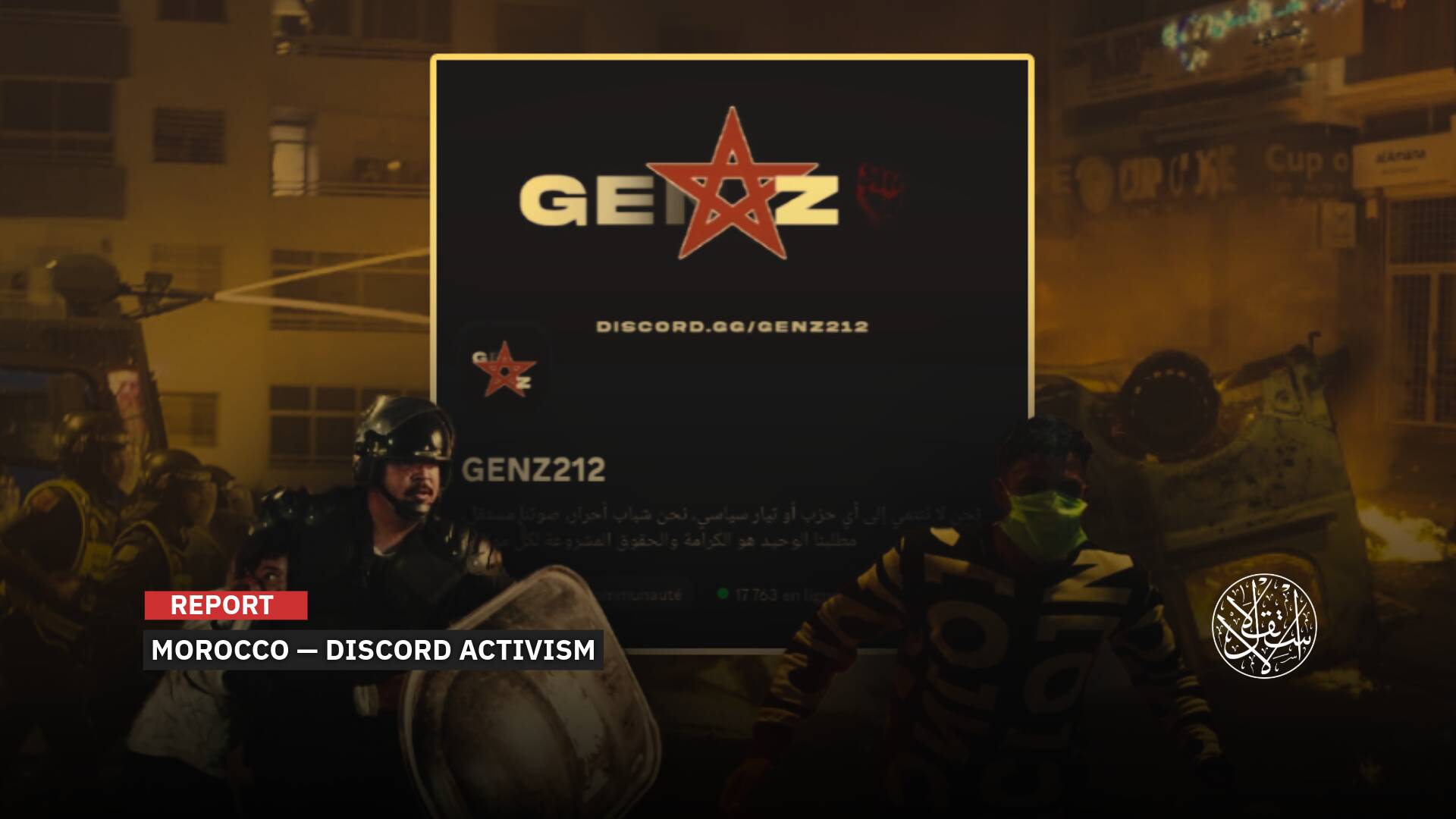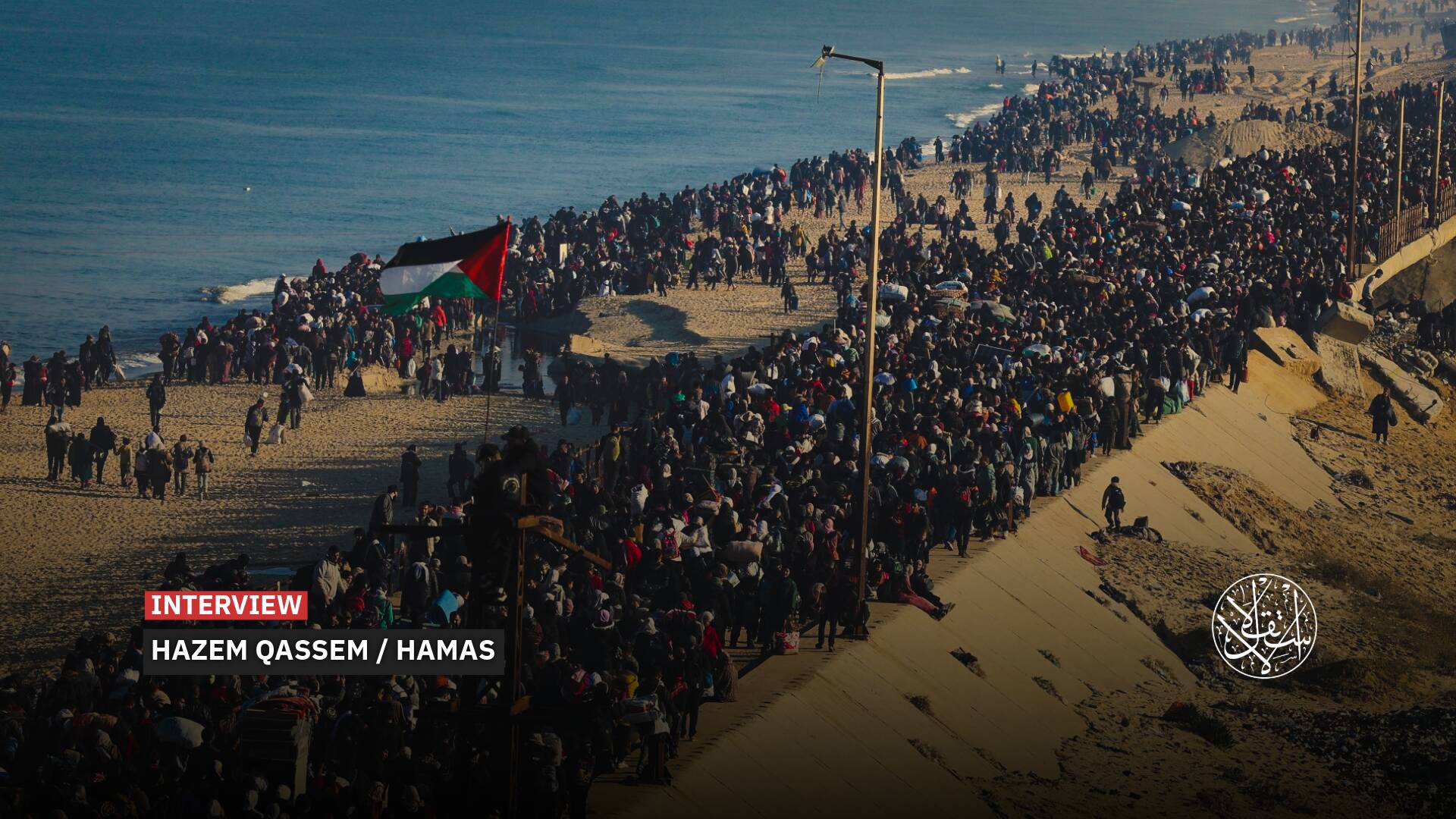The Largest Since October 7: Why Is Abbas's Authority Escalating Political Arrests in the West Bank?

Palestinian Authority is doing its utmost to reestablish its credentials with the U.S. administration and “Israel.”
Hysterically, Palestinian Authority security forces, often accused of working for the Israeli Occupation, have intensified political arrests in the West Bank since early May 2024, coinciding with escalating Israeli violations.
Lawyers and human rights organizations reveal that the current wave of arrests marks the largest since October 7, 2023, the start of Israeli aggression on Gaza. This aggression extended to the West Bank through repeated arrests, killings, and incursions, exacerbating tensions.
Fierce Campaign
The Commission of Detainees' Affairs in the West Bank documented 22 cases of political arrests on May 2, distributed as follows: 3 in Nablus, 6 in Hebron, 3 in Tulkarm, 1 in Ramallah, 2 in Salfit, 2 in Bethlehem, 3 in Tubas, and 2 in Jenin.
Political arrests continued to escalate in the following days targeting citizens based on their political opinions, prompting the committee on May 8th to launch a campaign to document them.
The committee urged West Bank residents to report violations by the authorities and cases of ongoing political arrests through their official channels.
The current arrests primarily targeted national leaders, symbols, and Hamas resistance movement figures, in addition to political activists, journalists, students, prisoners, and others expressing dissent against the Palestinian Authority's approach.
Human rights group Lawyers for Justice coordinator Mohannad Karajah emphasized a significant increase in political arrests targeting dissenters, activists, and human rights defenders.
He stated on May 3, "We are facing the largest wave of arrests since October 7, with statistics indicating the arrest of at least 60 citizens from various areas of the occupied West Bank, most of them former prisoners of Israeli jails, in addition to 4 journalists arrested in April."
The Commission of Detainees' Affairs in the West Bank condemned the "ferocious arrest campaign" by the security forces, escalating noticeably in recent days, while continuing to imprison hundreds of citizens on false charges and emphasized the authority's security apparatus persists in striking the core of resistance and the Palestinian social fabric, threatening civil peace through ongoing political arrests and prosecutions.
The commission said the authority disregards all calls to halt these humiliating arrests “of our resilient people, aligning fully with the Israeli Occupation and its escalating aggression.”
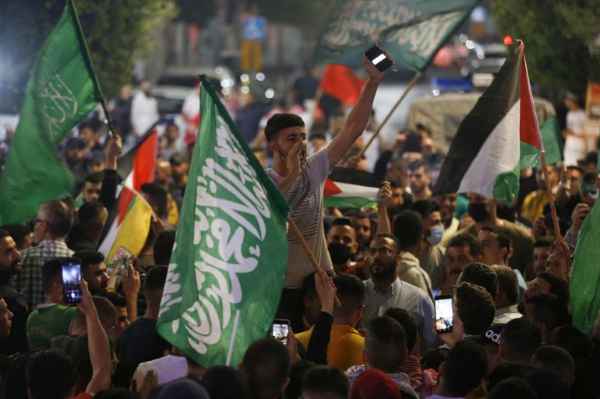
The Timing Secret
It was notable that the intensification of the campaign came just two days after striking statements by Palestinian Authority President Mahmoud Abbas regarding “Israel,” made on April 28, 2024, from Saudi Arabia, which multiple reports suggest is nearing normalization with Tel Aviv.
During his speech at the World Economic Forum's special meeting in Riyadh, Abbas stated, "Israel has the right to complete security, and this is our duty."
These statements sparked widespread outrage and criticism as they came amid a devastating assault on Gaza that left over 113,000 dead and wounded, most of whom were children and women, and about 10,000 missing, amidst massive destruction and famine that claimed the lives of children and the elderly.
Regarding the link between Abbas's speech and the current wave of arrests, West Bank political activist Amer Hamdan said, "This is neither new nor surprising, as the statement is an acknowledgment of the Oslo Accord [1993 for peace with the Israeli Occupation] and its security appendices."
In an interview with Al-Estiklal, Hamdan explained that Abbas's statements and the security agencies' actions "serve to renew the security agreement between the Authority and the Israeli Occupation government."
“This means maintaining the peaceful negotiating model before the world and trying to replenish the security treasury, especially by supporters and stakeholders in maintaining the peaceful situation in the West Bank."
The political activist mentioned that "this requires more security work to protect the Oslo project by dismantling any cells or manifestations of militarization within the framework of preserving Palestinian internal security and consolidating the Authority's peaceful program."
The Palestinian Authority is moving on multiple fronts to re-establish its credentials with the U.S. administration and “Israel,” as the latter rejected any role for it the day after the aggression on the Gaza Strip.
Since the beginning of the aggression on October 7 with the aim of "eliminating" Hamas in response to Operation al-Aqsa Flood, Benjamin Netanyahu's government has linked what happened to the Palestinian Authority and affirmed that it would have no role in Gaza after the mission was completed.
This pushed it to pursue various paths, the latest being the appointment of a new government to suggest reforms within the Authority accused of corruption, as well as bolstering the security situation supportive of the Israeli Occupation authorities by intensifying the arrest of opponents and resistors.
Amer Hamdan emphasized that "Abbas is clinging to the Oslo agreement to the extreme, which ended the minute after Operation all-Aqsa Flood."
He pointed out that Abbas's recent statement "may have deeper implications indicating the need to provide complete security to Israel in exchange for economic benefits," and the associated requirement to remain in power and prevent the collapse of the Authority.

Charges and Figures
Palestinian security forces target activists, university students, political activists, and freed prisoners, seeking to imprison them with several charges classified as mostly illegal according to local human rights organizations.
Human rights institutions confirm that this falls within the framework of arrests based on political affiliation without the existence or presentation of any arrest warrants from competent authorities, which contradicts the Palestinian Basic Law and international human rights agreements.
The exact number of political detainees in the West Bank is not precisely known amid this accelerated pace and the adoption of the Palestinian Authority and the Israeli Occupation's policy of revolving door arrests.
This policy means that Israeli forces arrest political and security prisoners and opponents after their release from the Authority's prisons or vice versa, constituting a cornerstone of security coordination between the two parties.
However, human rights organizations, including Lawyers for Justice, estimate that the number of permanent detainees (those not released) reaches 40 individuals, while others are arrested and released after serving specific periods, each according to their circumstances.
The group has documented over 300 cases of political arrests in the West Bank since the beginning of 2023 until mid-July of the same year, indicating that the number is "unstable" due to ongoing arrest and release operations.
Regarding the charges against detainees, the General Director of the Independent Commission for Human Rights, Ammar al-Dweik, says that most of them relate to specific issues such as money laundering, incitement, or misuse of technology.
Some are also arrested based on invitations from the public prosecution office with some complaints from citizens about writings on social media platforms, as explained by al-Dweik in mid-2023 statements.
He pointed out that these charges are "vague," and arrests are made based on them as a judicial cover, but they essentially carry "political dimensions."
In turn, Diala Ayyash, a human rights defender and lawyer following up on the files of several detained university students, said that in 90% of arrest operations, there is no arrest warrant issued by the public prosecution office, as mandated by law.
40% of cases where release orders are issued by the judiciary are either not executed or the individuals are transferred to another case to extend their detention.
The Palestinian Authority also faces accusations of torturing political detainees who languish in dire conditions inside notorious prisons, the most prominent of which is Jericho Prison.
Sources
- Karajah: We are facing the largest political arrest campaign by PA security since October 7 [Arabic]
- The Commission of Detainees' Affairs launches a campaign to document political detention operations in the West Bank [Arabic]
- Abbas: Israel has the right to “full security” and we have the right to “self-determination.” [Arabic]
- Political arrests are increasing in the West Bank and accusations of physical torture of detainees in the Authority’s prisons [Arabic]


